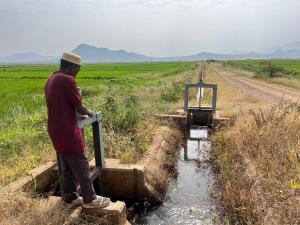This article presents some statistics on common psychological issues post- disaster. PTSD and Major Depression are the two most commonly studied issues in realtion to post-disaster. A realtively new term "resilience" has been brought to the table, defining the ability of people to "bounce-back" after disasters. Substance abuse is another studied issue, with some reporting an increase in substance use following disasters. However, it is noted that the post-disaster abuse of substances is highest in those already using or abusing these ubstances. Other conditions such as generalized anxiety disorder, phobias, and other stress disorders are studied and have links to disaster experience.
The article also discusses some risk factors for post-disaster psychological disorders. Prior to disasters, women tend to be less resilient, and more suscpetible to disorders, excepting substance abuse. Children are especially vulnerable to issues. Socioeconomic status, ethnicity, and community support are also factors in the outcome of a person's mental state post-disaster. During a disaster, the degree of exposure to the incident is the greatest factor in outcome. After a disaster, support network and ongoing life stressors play a large rold in the outcome. The biggests steps to preventing poor outcome post-disaster are prepartion and anticipation of the disaster, and recognition/prevention of mental illness.
Generally, only a small percentage of victims seek help from services provided for mental health disorders. This makes it difficult to accurately research the affects and prevalence of mental health disorders.



the rice irrigation scheme, Pare Valley, Tanzania